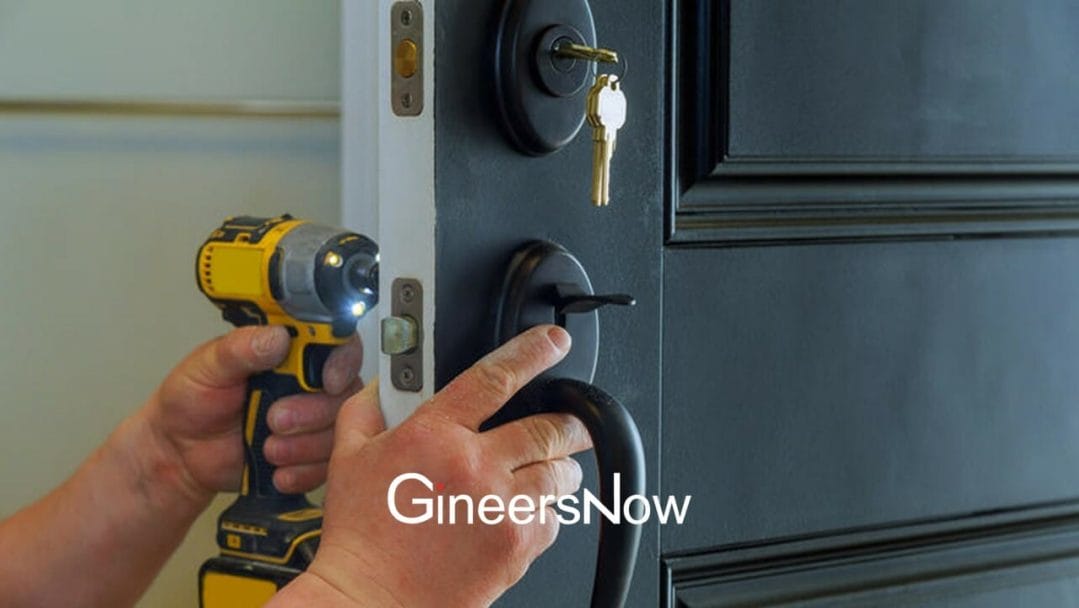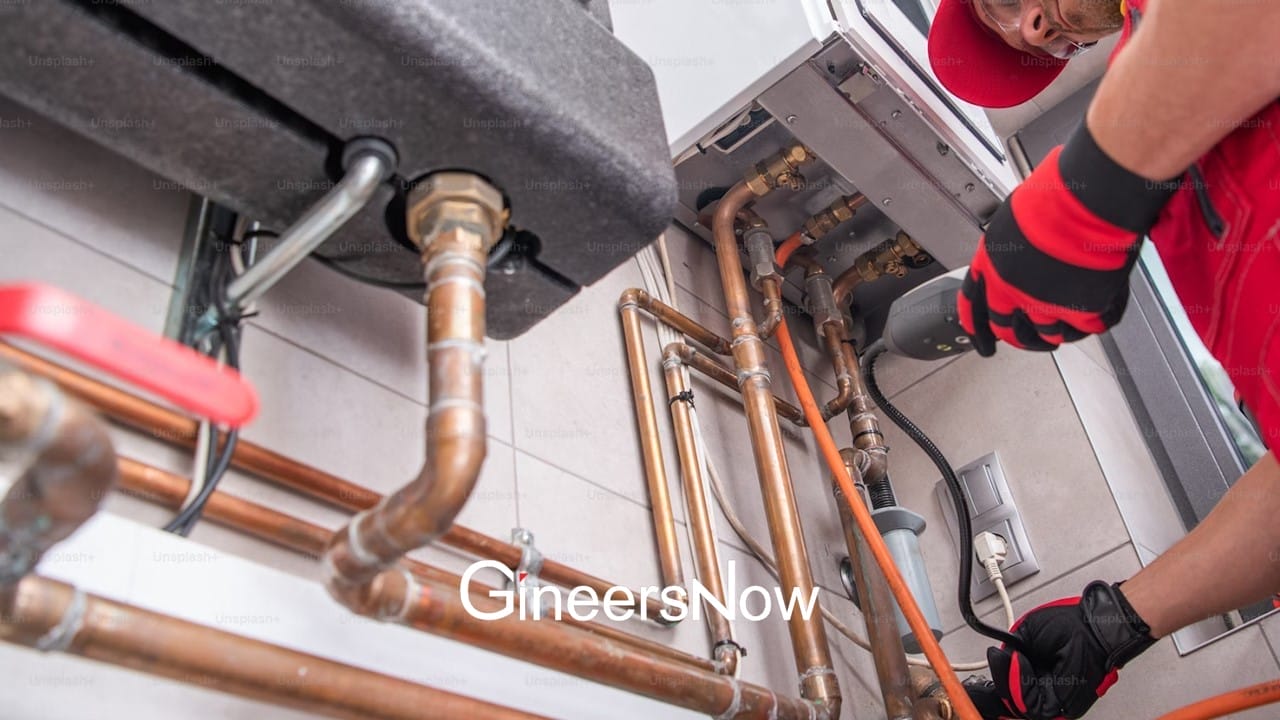Taking a new step towards reshaping your life can be daunting. Job relocation, relationship changes, or needing extra cash are all viable reasons why you want to sell your home. To sell your home, you need to make it appealing to prospective buyers, so if you have peeling paint or water stains, it might turn them away. With pending home sales decreasing by 4%, getting home repairs seems the most optimal decision. However, you may not have the funds or time for that; let us walk you through the process of selling your home as is.
Selling a House That Needs Repairs
Selling a house that requires repairs can be challenging, but it’s not impossible. Here is what you need to know.
1. List House As “As-Is” and Request a Cash Offer
Listing the home “as-is” lets the buyers know you won’t be making any repairs or offering credits for the defects; they must accept the house as is. The listing price will also be lower. It attracts buyers looking for fixer-uppers who can’t afford expensive homes or want to make repairs themselves to sell the house at a profit.
However, you are legally obligated to inform the buyer of all defects, such as mold or termite problems, as many states have created a seller disclosure form for sellers to complete. The disclosure form may include the following:
- Hazards such as lead-based paints
- Records of repairs you’ve made to the house
- Whether the home is in HOA (homeowners association)
- Any disputes or liens over the property
In spite of this, homebuyers can still request a home inspection to thoroughly assess the property’s conditions. If you live in Oshkosh, Wisconsin, you can make a reasonable cash offer at https://www.flipfoxvalley.com/. No real estate agent or middleman is involved, so you can forego any commissions or fees when selling.

2. Offer Incentives
You can offer incentives such as reduced sale price or home warranty to offset the cost of needed repairs. Home warranties can assure buyers they won’t face extra charges on top of the existing repair cost. Consider offering seller concessions such as cash credit; It means that a seller agrees to cover the closing cost and other prepaid expenses of the buyer. Another option is a lease-to-own agreement where the buyer can rent your house for a specific time before purchasing.
3. Market it Efficiently
Highlight the potential of your property; any unique feature such as pools, underground garage, or understairs storage, or desirable location such as accessibility to schools, supermarkets, and entertainment spots. Properly clean and declutter your property by removing large furniture items to make it more spacious and appealing; let the buyers imagine what the space looks like with their belongings.
Consider making low-cost repairs to boost the value of your home, fixing leaks, adding a deck, painting a wall, replacing broken appliances, fixing creaky stairs, and updating electrical systems are all options to consider. Target the right audience: buyers or investors looking for fixer-uppers. Social media can also help you reach a wider audience.
Choosing to Fix Your Home
Here are some major fixes you should consider if you have the budget and time and want to receive a higher selling price for your home:
1. Roof Repair or Replacement
If your roof is experiencing leaks, ventilation problems, or nearing the end of its lifespan, you may need repairs. The signs include your roof sagging, shingles missing, buckling, bald, or moss covering your roof. You may need to consult multiple roofing companies to see if it requires repair or replacement.
A complete roof replacement is expensive compared to repairs, but if yours appears more worn out than your neighbors, consider investing in it or offering credit to buyers to fund the cost of the repair themself. Otherwise, your house will sell at a significantly lower price.
2. Repairing the Electrical System
Buyers don’t want a home with unreliable or outdated wiring as it can be dangerous because of the increased risks of electrical shocks. Hire a contractor or electrician to inspect all lighting fixtures, switches, and other electrical appliances and ensure they replace all frayed wiring. Consider upgrading your two-prong outlets to three-prong plus, as they have a grounding wire making it safe; most gadgets now require three-prong outlets. Upgrading a circuit breaker or installing a GFCI to protect from electric shocks can be expensive. Still, be sure to install GFCI protectors in washrooms or kitchens where moisture is present.
3. HVAC and Plumbing
Your HVAC system, or heating, ventilating, and air conditioner should be working correctly, otherwise, be sure to have a professional inspect it. You don’t need to replace your entire system. In most cases, a repair is enough.
If you have low water pressure in your home, sinks and faucets are leaking, or you are experiencing sewage problems, call a plumber to address these issues, as water damage can lead to molding or dry rot. The repair cost may vary according to the extent of water damage and the water source.
4. Foundational Problems
Foundational failure can threaten your home’s structural integrity and turn prospective buyers away. Warning signs include cracks along the exterior and interior wall, uneven and sagging floors, a crooked “out-of-square” door, cracked floor tiles, and more. The earlier you detect these signs and make appropriate repairs, the less costly it will be.
Endnote
Whether you choose to sell your home as-is or consider investing in repairs to get a higher sale price for your home depends entirely on your budget, need for money, and time available for the task. Be smart and make a list; consider the important items that need a fix that can significantly improve the condition of your home before turning to more extensive projects.












